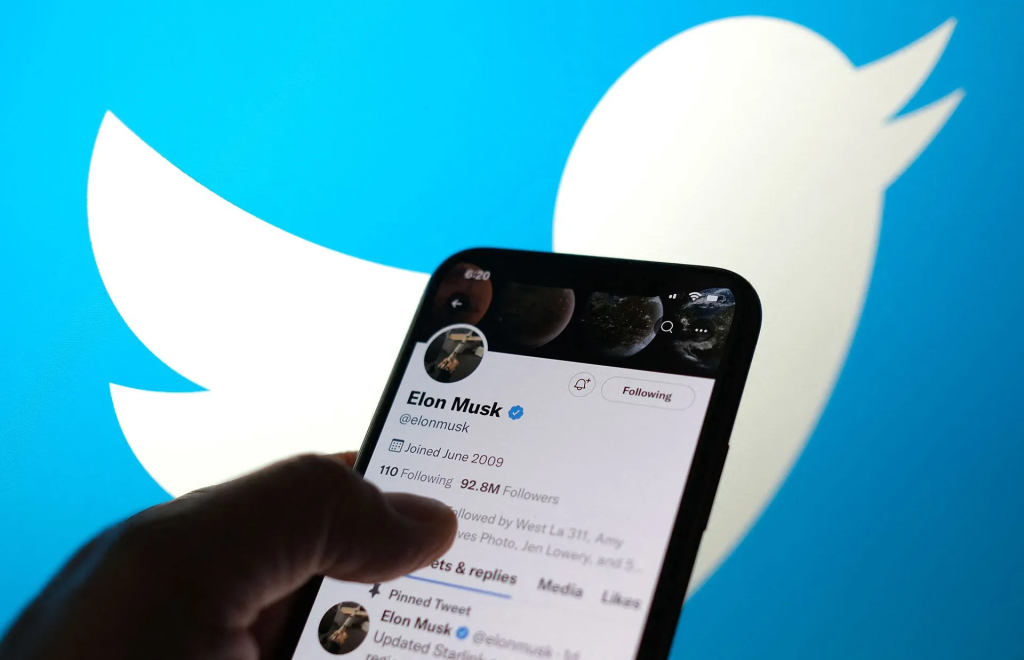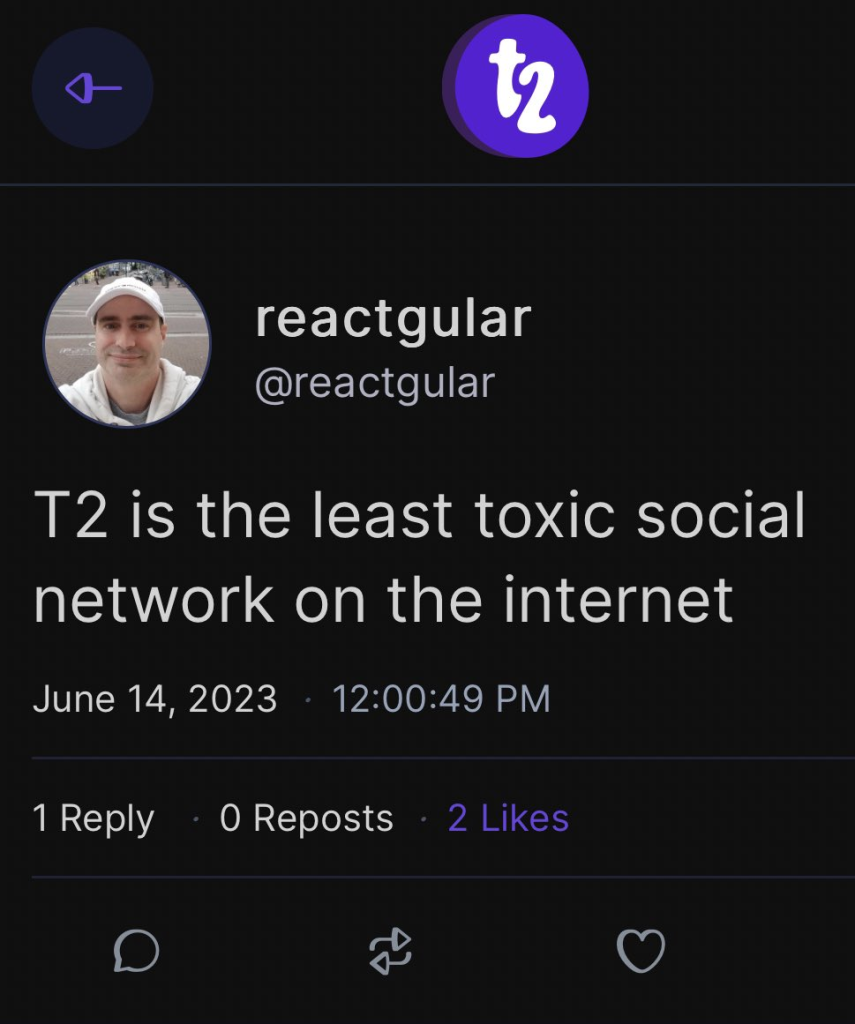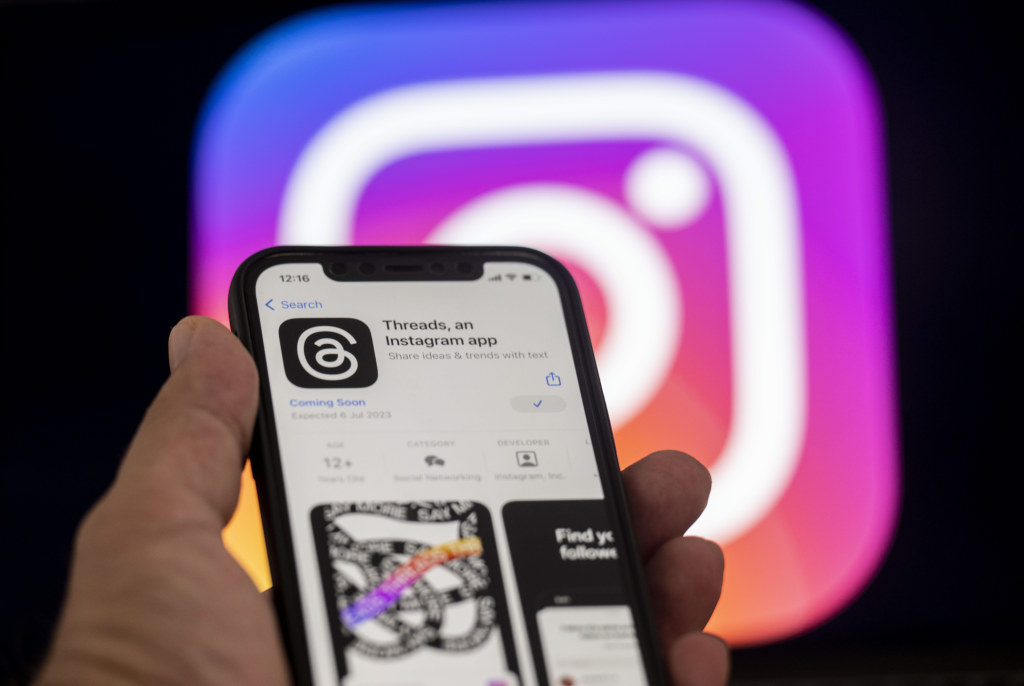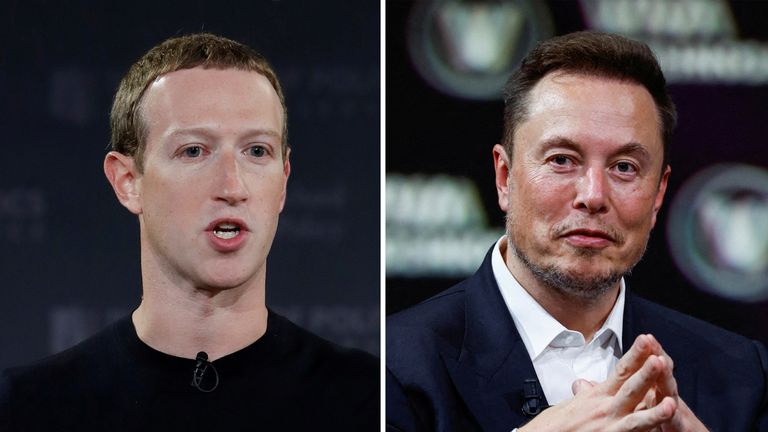Twitter is dying? Since Elon Musk bought out Twitter, the social media landscape has started undergoing the biggest shift that we have ever seen. Zuck Versus Elon the battle that has been raging online and potentially in the ring has taken another step with the launch of Meta’s Threads, their alternative to Twitter. Here’s the thing, they aren’t the only alternative app to peek above the parapet in recent times with the intent of knocking the big blue bird off its perch.
Over the last 15 years or so, social media has become a huge part of our day-to-day lives, whether it be posting a pic of a bouji coffee place or catching up on the latest in the news, people like Fabrizio Romano to Donald Trump used the platforms to create their persona’s. Social media in general has revolutionised how we connect and engage with the world around us. Twitter over the last decade has been probably the most prominent platform alongside Facebook, however, since Elon Musk’s takeover the sharks have been circling. Poor Elon, his decisions since taking over Twitter have given rise to innovative alternatives like T2, BlueSky, Mastodon, and Threads. In this article, we will take a gander into the future of social media, focusing on Twitter and these emerging alternatives, and explore why the landscape is undergoing a transformative shift.
Why the Landscape is Changing:
There are a number of reasons why the landscape is changing. Partly it boils down to the evolving needs and preferences of users. While Twitter has thrived as a micro-blogging platform, some users desire a more robust and personalised experience. These changing expectations have paved the way for alternative platforms that offer unique features, catering to a broader range of user preferences. Basically, Twitter is a cesspit of the worst of humanity screaming for time and attention, saying inflammatory things or generally being controversial or downright incorrect for the sake of clicks, Piers Morgan anyone? And people want change.
There is also the demand for decentralisation. Current platforms like Twitter often face challenges related to moderation, censorship, and data privacy. Users are increasingly seeking decentralised alternatives that prioritise transparency, community control, and data ownership. This demand has prompted the development of platforms like T2, BlueSky, Mastodon, and Threads, which aim to provide greater user autonomy and control over their online presence.
The Competitors:

Since Elon Musk’s acquisition of Twitter, the platform has undergone notable feature changes aimed at “enhancing” user experience and expanding its reach. One of the significant updates introduced is the expansion of character limits, allowing users to express themselves more freely within a single tweet. This change has encouraged deeper engagement and facilitated more meaningful conversations. That’s what Elon is going to say anyway. A recent survey from Pew Research Center shows that the most active Twitter users are posting less frequently than they have in the past. Top users’ average number of tweets per month declined by around 25% following the acquisition.
Twitter Blue, Gold and Silver ticks have also been a source of contention. The Blue tick used to be the symbol of a verified account, it’s now a paid-for subscription and let’s be honest who wants that? The Blue tick has been changed by the Silver and Gold tiered ticks, so a company like a Spar would be Gold as it’s an official business but Ryan Tubridy would be a silver badge, had to throw in an RTE reference…sorry, not sorry.
Since Musk’s buyout, his influence has been obvious for the good of the platform too, improved video capabilities and enhanced live streaming options, making Twitter a more interactive and multimedia-rich platform. Furthermore, there has been a greater emphasis on combating misinformation and enhancing content moderation, with the implementation of robust algorithms and community-driven reporting systems.
T2

T2 is an American social media company founded by former Twitter employees Sarah Oh and Gabor Cselle. It provides an authenticated network where users can make posts and interact in communities. It is currently in invite-only beta, though the contents on the site are publicly visible. As an American company, they did recently showcase at the Canadian Collision Conference in Toronto where they announced 5,000 invitations to the attendees making it one of the places to be for those in the technosphere.
It’s an up-and-coming social media platform that puts emphasis on privacy and user control. Built on blockchain technology, T2 enables users to own and monetise their data. The platform utilises cryptographic algorithms to ensure secure communication and offers features like encrypted direct messaging and decentralised content storage. T2 aims to empower users while fostering a sense of trust and transparency within the social media ecosystem.
BlueSky

Bluesky is a decentralised social media initiative that was first announced by Twitter CEO Jack Dorsey in December 2019. The project aims to create an open and decentralised standard for social media that would enable users to have more control over their online presence and data.
By the looks of it, BlueSky is an ambitious project being developed as an open and decentralised social media protocol. It aims to address the limitations of centralised platforms by allowing users to choose from a diverse array of client applications and service providers while maintaining interoperability and preserving the social graph. BlueSky envisions a future where users have greater agency over their social media experiences and can participate in shaping the platform’s rules and governance.
There is no official word on how long it takes to get on the platform from the waitlist, it could take weeks or even months. You will get an email when it’s your turn to come off of the waitlist, so make sure you are watching your inbox.
Mastodon

Marty, the founder of Goosed.ie, is a fan of Mastodon and has already explained the platform, but here’s the tl;dr.
Mastodon is a free, open-source social media platform that’s gaining popularity as an alternative to the likes of Twitter and Facebook. It allows users to post text, links, images, videos, and audio on their profiles or in public feeds Mastodon is a federated social network that operates on the principle of decentralisation.
Instead of relying on a single server or company, Mastodon consists of interconnected instances, each with its own rules and moderation policies. This decentralised structure fosters diverse and self-governing communities, enabling users to find spaces that align with their interests and values. Mastodon encourages open-source collaboration, making it a customisable and inclusive alternative to Twitter.
Threads

Threads is not yet available in Ireland or other EU countries due to concerns over GDPR and privacy rules but went live in the UK at midnight on Thursday. The launch of the platform, created by Facebook and Instagram owners Meta, was brought forward by 15 hours and made freely available in 100 countries and holy fuck a duck has it taken off.
Threads is Meta’s newly launched app that rivals Twitter, placing its primary focus on sharing short snippets of text on the free conversation-based platform. The Zuckerberg-backed platform is standalone, though, it is an online hub that’s linked to Instagram (and requires an Instagram account to sign up). Threads is a social media platform designed to enhance conversational engagement. It builds upon the concept of Twitter threads, enabling users to create threaded conversations that are easy to follow and engage with. Threads encourage meaningful discussions by providing features like topic-based categorisation, inline replies, and improved thread navigation.
With a focus on fostering in-depth conversations, Threads offers a refreshing alternative for users seeking a more interactive and engaging social media experience.
The Goosed Verdict
We can see the next era of social is coming, platforms like Twitter and Facebook are on their knees much like MySpace and Bebo were when these current big hitters came to town. TikTok is the obvious next-gen platform that has come to prominence in recent times taking some of the wind out of the sails of Instagram, so much so Insta Reels are more often than not a TikTok that’s been reposted. Now it’s Twitter in the firing line and in a world where users are sick of bots and misinformation alternatives are emerging that aim to meet the demands of the modern user.
Whether it is the quest for greater privacy, control, or more engaging conversations, platforms like T2, BlueSky, Mastodon, and Threads offer unique approaches and features, outside of Threads of course which is not EU GDPR compliant as of yet but still seems to have had major uptake. Which platform is going to take the crown is yet to be decided but what we do know is that the future of social media will likely witness a more decentralised, user-centric, and transparent ecosystem, where individuals have greater autonomy over their online presence.
Embracing these emerging alternatives, while recognising the core strengths of platforms like Twitter, will contribute to a more dynamic social media experience for all. Now if we could just get some regulation in place around news sourcing regulation and user verification it will be a whole new online world.


